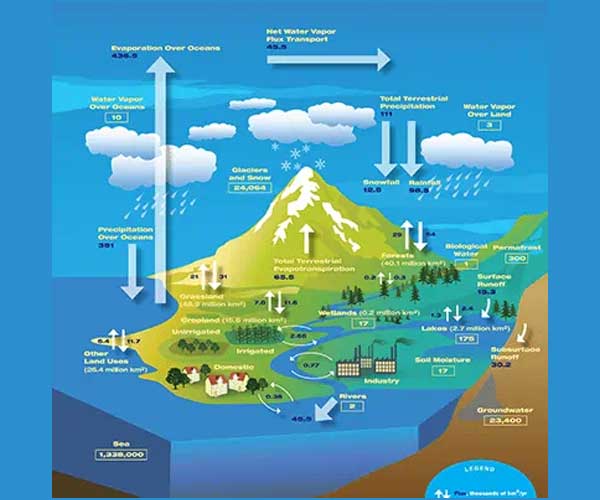Water resource management consultation
Water resource management consultation involves advising and assisting clients in the sustainable management, planning, and utilization of water resources. This includes addressing issues such as water supply, quality, distribution, and conservation. Here’s a detailed overview of the key aspects involved in water resource management consultation:
Key Aspects of Water Resource Management Consultation
Assessment and Analysis
- Water Resource Assessment: Evaluating available water resources, including surface water, groundwater, and rainwater.
- Demand Analysis: Analyzing current and future water demands for various sectors such as agriculture, industry, and domestic use.
- Quality Assessment: Monitoring and assessing water quality to ensure it meets health and safety standards.
Planning and Strategy Development
- Integrated Water Resources Management (IWRM): Developing strategies that integrate the management of water, land, and related resources to maximize economic and social welfare without compromising ecosystem sustainability.
- Sustainable Water Management Plans: Creating long-term plans to ensure sustainable water use, including conservation measures, infrastructure development, and policy recommendations.
- Drought and Flood Management: Developing strategies to manage water scarcity during droughts and excess water during floods.
Policy and Regulatory Compliance
- Regulatory Frameworks: Ensuring compliance with local, national, and international water regulations and standards.
- Policy Development: Assisting in the development of water policies that promote sustainable use and equitable distribution.
Technology and Innovation
- Advanced Monitoring Systems: Implementing technologies such as IoT sensors, remote sensing, and GIS for real-time monitoring and data collection.
- Water Treatment Technologies: Advising on the selection and implementation of water treatment and purification technologies.
- Smart Water Management: Utilizing smart systems for efficient water distribution, leakage detection, and usage monitoring.
Infrastructure Development
- Design and Construction: Planning and overseeing the construction of water infrastructure such as dams, reservoirs, pipelines, and treatment plants.
- Rehabilitation and Maintenance: Advising on the maintenance and rehabilitation of existing water infrastructure to ensure longevity and efficiency.
Community and Stakeholder Engagement
- Public Participation: Engaging communities and stakeholders in the planning and decision-making processes to ensure their needs and concerns are addressed.
- Education and Awareness: Promoting water conservation and sustainable practices through education and awareness programs.
Economic and Financial Analysis
- Cost-Benefit Analysis: Conducting economic analyses to evaluate the costs and benefits of water management projects and initiatives.
- Funding and Investment: Identifying and securing funding sources for water resource projects, including government grants, private investments, and international aid.
Environmental Sustainability
- Ecosystem Protection: Ensuring that water management practices protect and enhance natural ecosystems.
- Climate Change Adaptation: Developing strategies to mitigate the impacts of climate change on water resources, including sea-level rise, changing precipitation patterns, and increased frequency of extreme weather events.
Case Studies and Examples
- Urban Water Management: Consulting on water supply and distribution systems for growing cities to ensure reliable and safe water access.
- Agricultural Water Use: Advising on efficient irrigation techniques and water-saving practices for agricultural communities.
- Industrial Water Management: Developing water recycling and reuse strategies for industries to minimize freshwater use and reduce wastewater discharge.
- Watershed Management: Implementing integrated watershed management practices to maintain the health of water bodies and surrounding ecosystems.
By leveraging expertise in hydrology, engineering, environmental science, and policy, water resource management consultants help clients sustainably manage their water resources, ensuring availability and quality for current and future generations.



